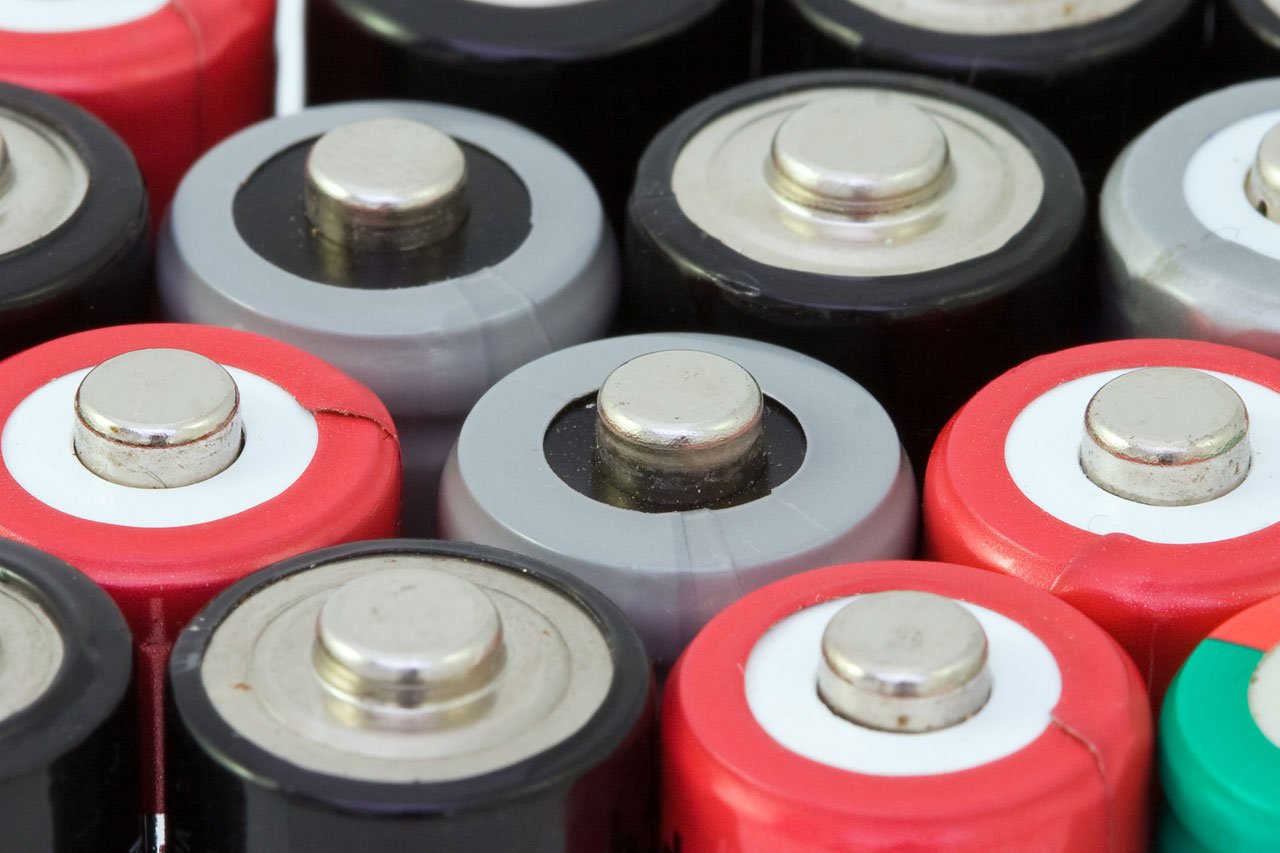EPR or Extended Producer Responsibility is basically an environmental policy that holds producers responsible for the life cycle of their manufactured products and goods. This entire cycle is inclusive of designing, taking back, recycling methods, and the final disposal system. Rather than focusing on a single point within the supply chain, EPR registration consists of the environmental features of a product and its production process throughout the chain.
What Do We Mean by an EPR Policy?
As per the OECD or Organisation for Economic Cooperation and Development, EPT policies are categorized by:
- The shift of responsibility upstream entirely towards the producer is far from municipalities.
- Incentive provision for the producers to focus on the environmental impacts when products are designed.
- Any type of product can fit in the scope of EPR registration. However, the three basic product categories include Waste Electrical and Electronic Equipment (WEEE), batteries, and packaging.
- Legislators need to prioritize these categories in terms of toxicity, and volume of their waste streams.
Countries That Come Under EPR Registration
European Union (EU) was the first to implement EPR Registration and associated policies. However, it now exists globally, including in Australia, India, Canada, Japan, USA. EPR registration and associated policies are different based on states, regions, provinces, and so on, in spite of its global presence. They also vary in terms of fee structures, tariffs, schedules as well as reporting requirements.
Who Is Considered to Be a Producer Under EPR?
Any form of business that takes care of manufacturing, importing, selling, or brand-owning any packaging or products that falls under the EPR range can be considered a producer. Country-wise EPR registration can be checked by companies that fall under these producer obligations for assessing compliance. Countries also tend to add thresholds for businesses like quantity of products, turnover, and packaging.
Compliance With EPR
EPR legislation varies at a global level. However, producers must follow certain steps for compliance:
- They need to directly register with the ideal government body as well as an authorized program or scheme
- Recycle, financing the collection as well as recovery of waste are mandatory
- Reporting the quantities of materials or products placed on the market
It is absolutely essential to research EPR legislation for every country in which the business is considered. Thus, producers must obey compliance requirements to operate.
EPR Compliance Challenges
Since there lie differences in EPR legislation globally, EPR compliance tends to be resource-intensive and complex. When interacting with compliance professionals, most of the time they are dealing with the following challenges:
Collection of quality data from suppliers – Producers usually do not have access to all of the product data that is within the supply chain. Thus, they must always rely on their suppliers to provide it before comparing it with their sales data for report generation. Thus, contacting suppliers is not a straightforward procedure, certain suppliers might not agree to provide the required data.
Reports preparation for multiple EPR reporting requirements– There are multiple EPR reporting categories or requirements globally, these can be overwhelming for businesses operating in multiple countries.
Track changes to EPR legislation globally – EPR legislation keeps changing often and thus compliance teams struggle to keep up. This is a challenging factor for producers to follow the latest reporting needs and end up at the risk of non-compliance.
Conclusion
As EPR legislation has become more prominent globally, producers must always be aware of the newer trends to the existing policies. The easiest way to stay current with EPR legislation is to tie up with a supply chain compliance partner who would help them out.









